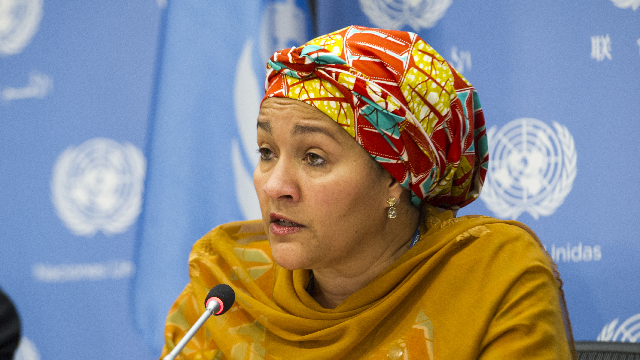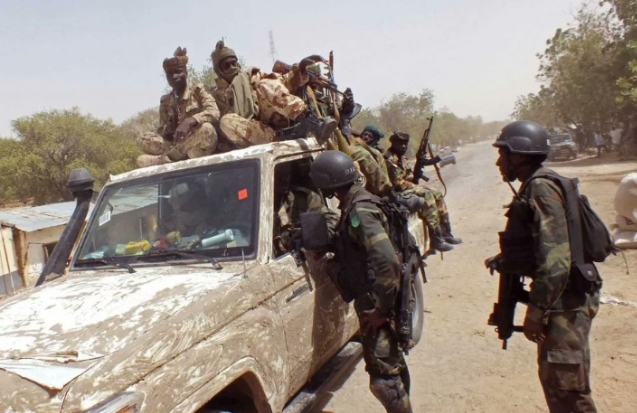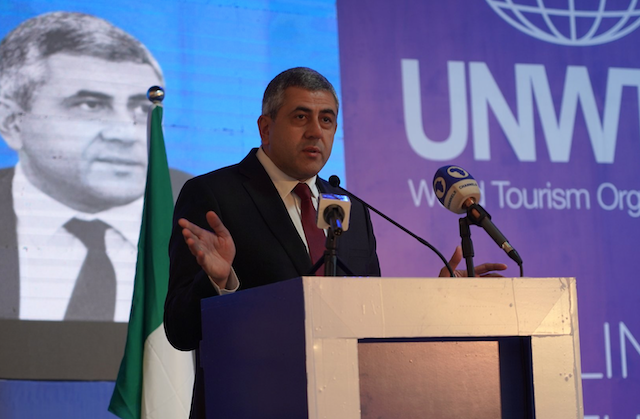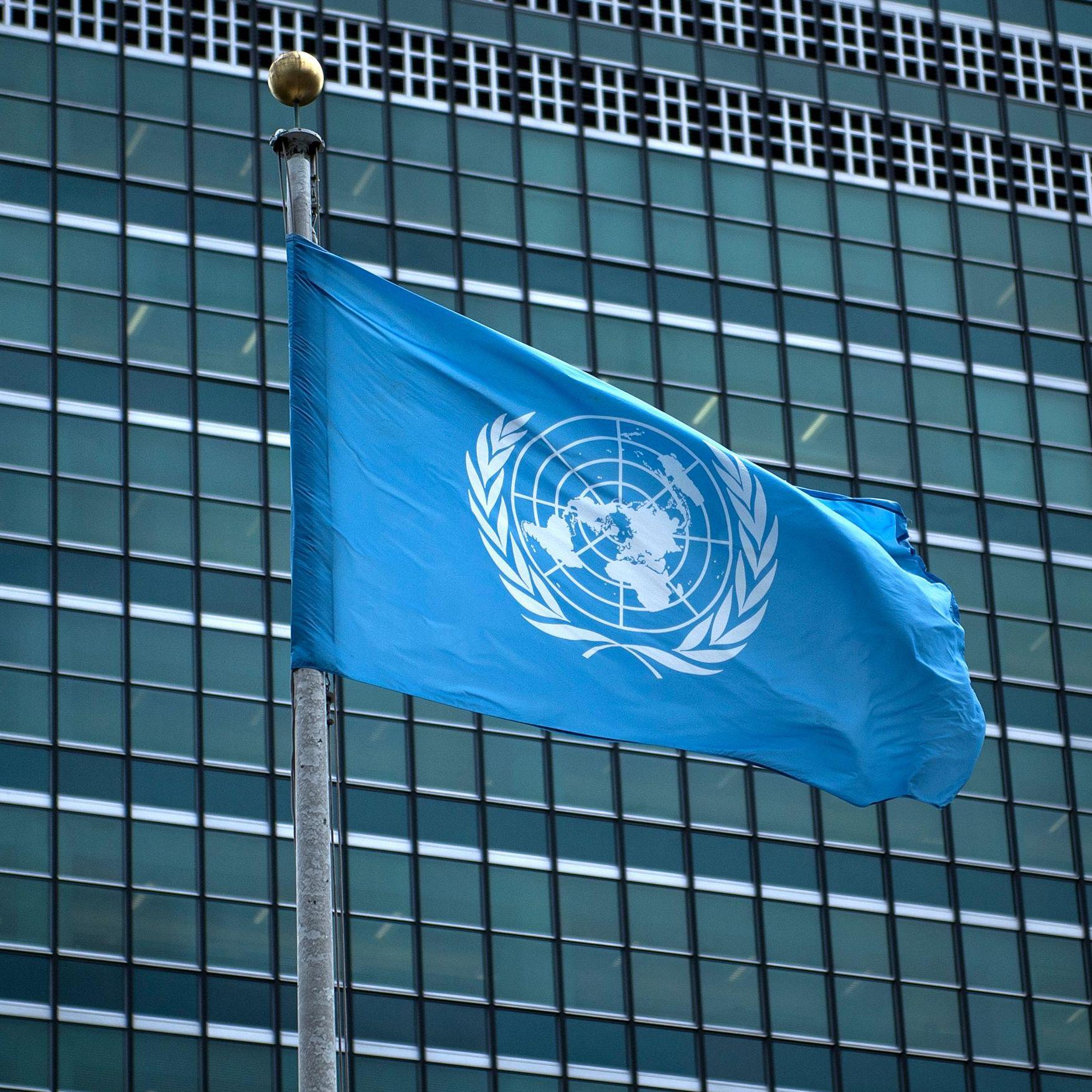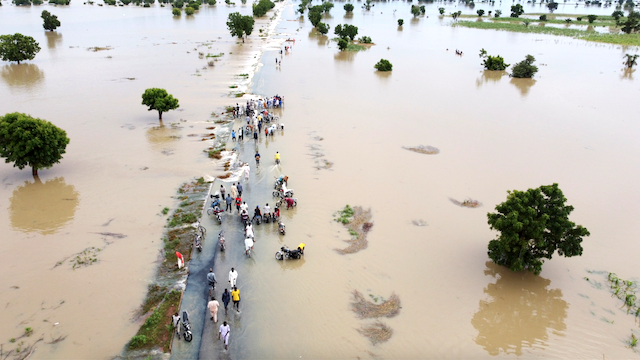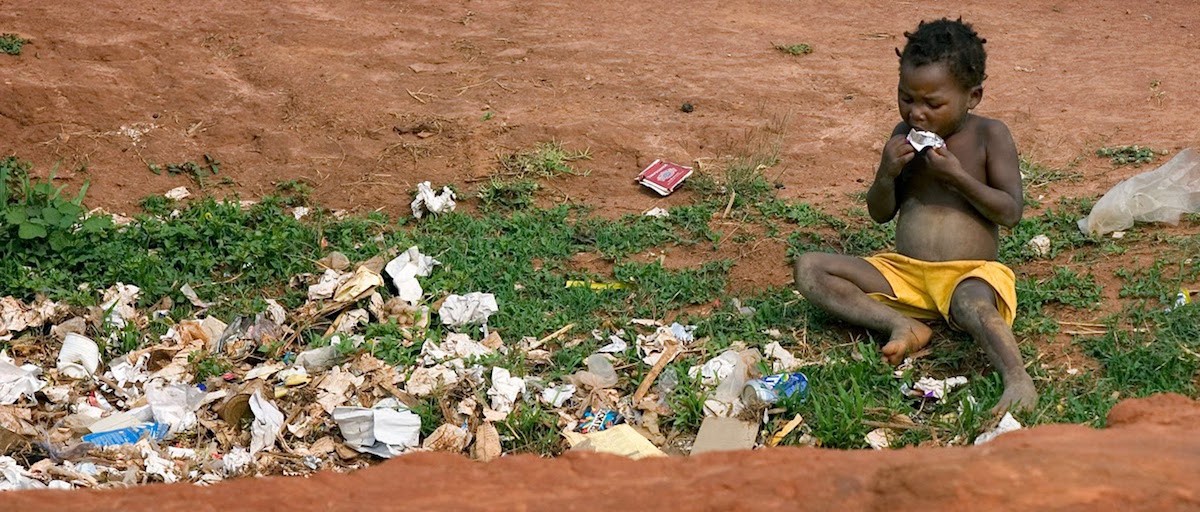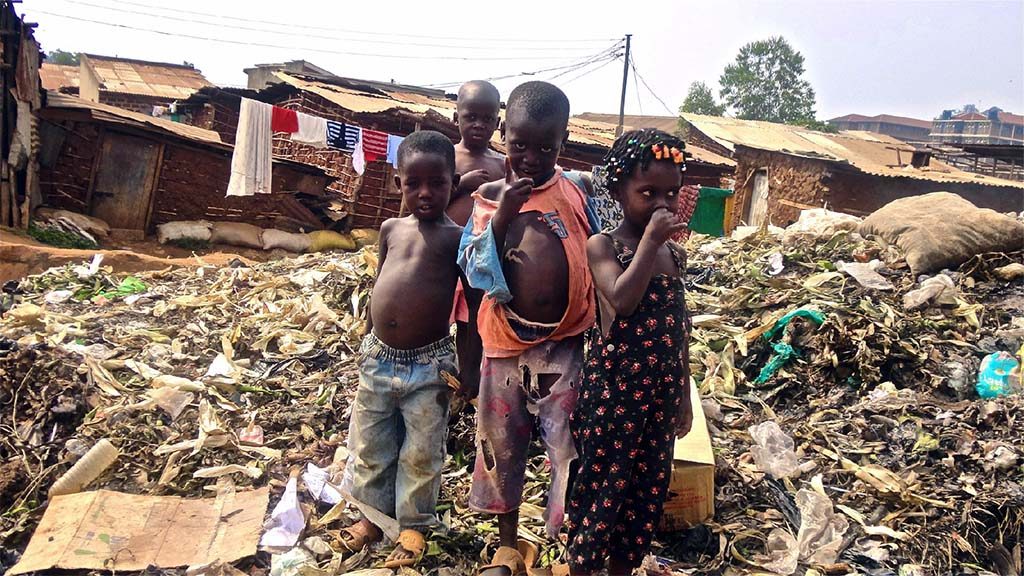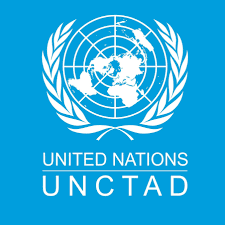In the Holy books of the Abrahamic religions of Christianity and Islam, the Red Sea is symbolic as a place of significant events and the beginning of liberation from oppression. Will the Red Sea town of Sharm El Sheik be recorded in history as a place of significance in the quest of humanity to save our planet from self-destruction and climate justice? Time is perhaps the only answer.
The 2022 United Nations Climate Change Conference or Conference of the Parties of the UNFCCC, more commonly referred to as COP27, ended on a high note on African soil, with some leaders from developing nations giving each other a high fives. But what was the deal in the Red Sea town of Sharm El Sheik, Egypt?
Did God path the Red Sea for developing nations to pass through to the promised land? Is it yet Uhuru for developing countries who have been crying for climate change justice given that their contribution to the carbon emission is insignificant, yet they bear the brunt of the devastating effect of climate change? Are the rich industrial countries ready to commit to reducing carbon emissions and work towards the 1.5c temperature limits agreed upon globally as the point that will create a sustainable climate environment for our earth?
One significant decision made at the Red Sea town was a vague agreement that rich countries should pay poor ones for climate-related “loss and damage”. This happened after nearly 30 years of back-and-forth and sustained pressure by the global south for climate justice .
Still there are many unresolved issues, which may be beset or shaped by politics, diplomacy , science and of course economics .
Take , for example , the loss and damage fund, which is the big takeaway of sub–Saharan Africa and other vulnerable countries from the Red Sea, the concerns are when will the transition committee thrash out the finer details ? What framework will be put in place for the generation and management of the fund? And who should pay for damages and on what basis since science has different empirical ways of reaching a decision? Who will benefit from the fund, and on what basis? Will the fund serve as a disincentive or incentive for rich countries to emit more gases?
The historical trend points to the fact that these unseen unresolved contentious issues are the basis for why the fund may not see the light of the day nor deliver its desired outcomes, and therefore emerging countries should not celebrate too early, for they are not out of the Red Sea with any substance yet.
Developing nations, particularly sub-Saharan African countries, left the Red Sea without asking these pertinent questions. At the Copenhagen summit in 2009, rich countries promised to supply annual climate financing of $100bn to developing countries by 2020 to help them slow climate change and resist its effects. What happened to that pledge? Did developing nations access the funds? The money that has been pledged is paltry: about $260m. And countries have yet to agree on who should pay and receive the cash. Under the bizarre terms of the UN’s climate convention, China—after America, the second-largest total emitter in history—would count as a “developing country” and be a suitable recipient.
Another Pyrrhic victory at the Red Sea for African countries is the failure of COP27 to end fossil fuel use, a perceived victory for poor oil-producing nations. Incidentally, it was Russia and Saudi Arabia that mounted a vigorous campaign against ending the use of fossil fuels. Considering that rich western countries had, in the past two centuries, used more than their fair share of fossil energy for industrial power development, which is at the root of the current climate crisis, the pendulum of justice is in favour of poor oil-producing countries. The challenge for Africa is multiple. Our governments are yet to find enough fossil fuels for essential industrialisation. Developing alternative energy sources requires resources that most countries do not have. Yet they now must protect their populations from the adversities of climate change: flooding, excessive heat, deforestation, and higher energy costs.
A keen observer would have expected that oil-producing developing countries of Africa that need revenue from oil and gas to transit would have been at the vanguard. What is the implication of the backing for oil and gas production for countries like Nigeria? Is it sustainable in the medium to long term? How can Nigeria and other oil-producing countries that are poor use this period of grace before the inevitable cuts on carbon fuel consumption to transition from reliance on fossil fuel products to a diversified product range for export to the rest of the world? Our transitional dependence on fossil fuel is further justified by the fact that fifty per cent of our people do not have access to power, so the base power is not even there. This is not to discountenance the fact that the days of fossil fuel usage are numbered.
Developing nations and African countries need concessions on existing debts, benefits on imports of technologies for clean energy innovations and credits on funding for clean-energy research and infrastructure such as solar and wind energy fields.
Climate change hits Africa more than other parts of the world, apart from small island developing states of the Caribbean. Sub-Saharan Africa emits negligible greenhouse emissions, yet we suffer the most from its impact. It affects almost all aspects of our lives, from agricultural productivity, heatwaves, humanitarian crisis, political crisis, and migration issues to population crises. Yet the worst polluting nations are not in a hurry to mitigate its impact on Africans. The multiplier effect of this climate change-induced problem is enormous, given the poor economic conditions of the people affected. With an already poor quality of living in most of sub-Saharan Africa, disaster has multiple impacts and often is damaging to a vast proportion. When faced with similar disasters, rich countries cope better and have the resources to bounce back to normalcy quickly. In developing countries, the impact of such crises lingers for decades, and the human cost remains a constant trauma in the collective minds of those who managed to survive.
A few weeks ago, almost a quarter of Nigeria was flooded. This led to a loss of lives and property. Most communities lost all their livelihood, making life miserable for people already poor and struggling even in good times. There is fear that the recent flooding has threatened our food security and led to increased food prices, making an already bad inflationary situation worse. Unfortunately, but true, Nigeria did not access any of the existing climate change funds, whether for mitigation or adaptation, to the best of my knowledge. Part of the reasons is procedural complexities and limited technical knowledge. Building capacity in scientific knowledge, technology and politics of climate change is now urgent.
All said ,the best scenario for sub-Saharan Africa is for the rich countries to reduce their carbon emission and make the world a better home for all. In addition, multilateral financial agencies like the IMF and World Bank should grant concessions to global south countries seeking assistance for investment in clean energy infrastructure. Africa’s response to the challenges of global climate change should be a combination of realism and clear-headed diplomatic engagement. Expecting humanitarian handouts and concessions is a regress to old begging bowl habits.
It is time now to look closer at the finer details of the “loss and damage” agreement and start the process of passing through the red sea. The devil is often in the details. Beyond the soundbites and euphoria of agreeing on” loss and damage funds” lies the reality of mitigating the devastating impact of climate change-induced crisis.
Whilst interrogating this reality, developing countries should also ruminate on their energy needs and to what extent they are willing to rely on clean energy, given that, as an emerging country, they need cheap energy to fuel their industrialisation. Emerging countries must not entertain any deal that will hamper this reality. We should remember that the energy consumption of the state of California is more significant than that of sub-Saharan Africa put together. In 2020 California consumed 6,923 trillion Btu whilst sub-Saharan nations consumed about 1570 trillion Btu. We need more energy for production and to improve the quality of life of the people. We must not mortgage the future of our unborn generation for any funds that want to limit our access to cheap energy.
These convinced me that we are still at the tip of the red sea, waiting for God to part the sea for us to pass through. We have no choice but to force the hands of God as did Moses or Musa and hope He will part the Red Sea for his people to go. It is not yet Uhuru!

